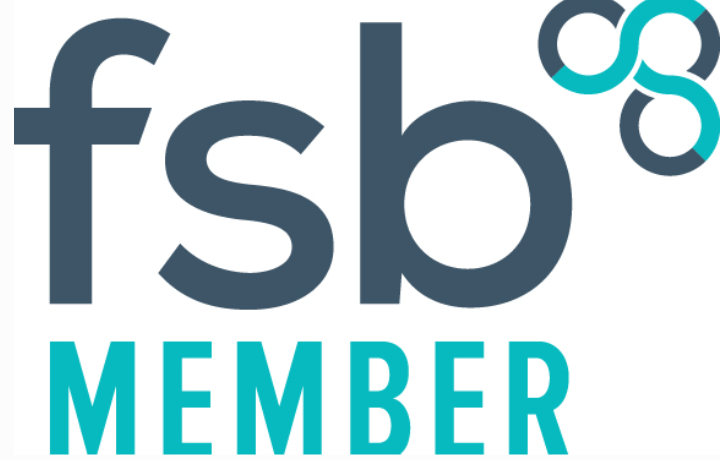From how properties are advertised to the way mortgages are managed, almost every part of the process looks different now compared to the 1990s.
At Smart Auction UK, we have seen these shifts first-hand. Here we take a look at the key changes that have shaped the property market since the 1990s and what they mean for today’s buyers and sellers.
Marketing Homes Then and Now
In the early 1990s, property marketing was almost entirely paper based. Estate agents relied on printed brochures, shop window displays, and newspaper listings. Buyers would visit an agent’s office to flick through property details and book viewings in person.
Fast forward to today and marketing is dominated by digital platforms. Online portals like Rightmove and Zoopla have replaced the need to trawl through newspapers. Professional photography, floor plans, and even virtual tours are now standard. Social media also plays a big role, with sellers able to reach buyers instantly across the UK and beyond.
The shift to digital has made the process faster, more transparent, and more competitive. At Smart Auction UK, we take this further by combining online exposure with the efficiency of auction sales, ensuring properties are seen by the widest audience possible.
Financing a Home Purchase
Mortgage options in the 1990s were far more limited. Buyers often had to rely on traditional high street banks with strict lending criteria and fewer products to choose from. Interest rates were also much higher. In the early part of the decade, rates were often in double digits, making borrowing significantly more expensive.
Today the mortgage market is more flexible. There is a wider range of products, from fixed-rate deals to offset mortgages. Interest rates have generally been lower in recent years, though they remain subject to economic pressures. Specialist lenders have also made it easier for people with different financial backgrounds to access finance.
The Buying and Selling Process
In the 1990s, the process of buying and selling was slower and less transparent. Communication relied heavily on letters and phone calls. Delays were common, and buyers often had limited visibility of what stage the transaction had reached.
Now, the process is much more connected. Email, online portals, and instant updates mean that progress can be tracked more easily. While property transactions can still be lengthy, modern technology has removed many of the traditional bottlenecks.
Auctions in particular have benefited from digital advances. Online bidding means buyers no longer need to attend in person, and sellers can achieve completion within a matter of weeks rather than months.
Checks and Restrictions
Another major change since the 1990s is the increase in legal checks and compliance. In the past, due diligence was more limited, and the focus was largely on basic surveys and mortgage approvals.
Today, the process includes far more regulation. Anti-money laundering checks, proof of identity, and detailed property searches are all required. Buyers and sellers must also comply with stricter rules designed to protect both sides of the transaction. While this has added extra steps, it has also increased security and reduced the risk of fraud.
The Rise of Auctions as a Mainstream Option
In the 1990s, auctions were often seen as a niche choice, typically used for repossessed homes or properties in need of renovation. Many buyers and sellers preferred to stick to the traditional estate agent route.
Today, auctions have become a mainstream and trusted alternative. With transparent bidding, no hidden fees to sell, and faster completion times, auctions are now viewed as a practical way to achieve certainty in the market. At Smart Auction UK, we help sellers take advantage of these benefits, often achieving higher prices thanks to competitive bidding.
What the Future Might Hold
Looking back highlights just how far the property market has come in a relatively short time. Technology, regulation, and consumer expectations have all pushed the industry forward.
The future is likely to bring even more change. Digital ID checks, blockchain contracts, and smarter data-driven valuations could all become part of the standard process. What will remain constant, however, is the need for speed, transparency, and trust in the buying and selling journey.
Final Thoughts
From paper adverts in estate agent windows to global online marketing, the property market has been transformed since the 1990s. Financing is more flexible, checks are more secure, and the process is faster than ever before. Auctions, once seen as specialist, are now firmly part of the mainstream.
At Smart Auction UK, we combine the best of modern marketing with the efficiency of auction sales. For sellers who want certainty and buyers who want transparency, auctions are the smarter choice in today’s market.
Have a look at our properties for sale
here.
You can also learn how we can
sell property for free!
Got a property to sell? Call us or send us an enquiry.








